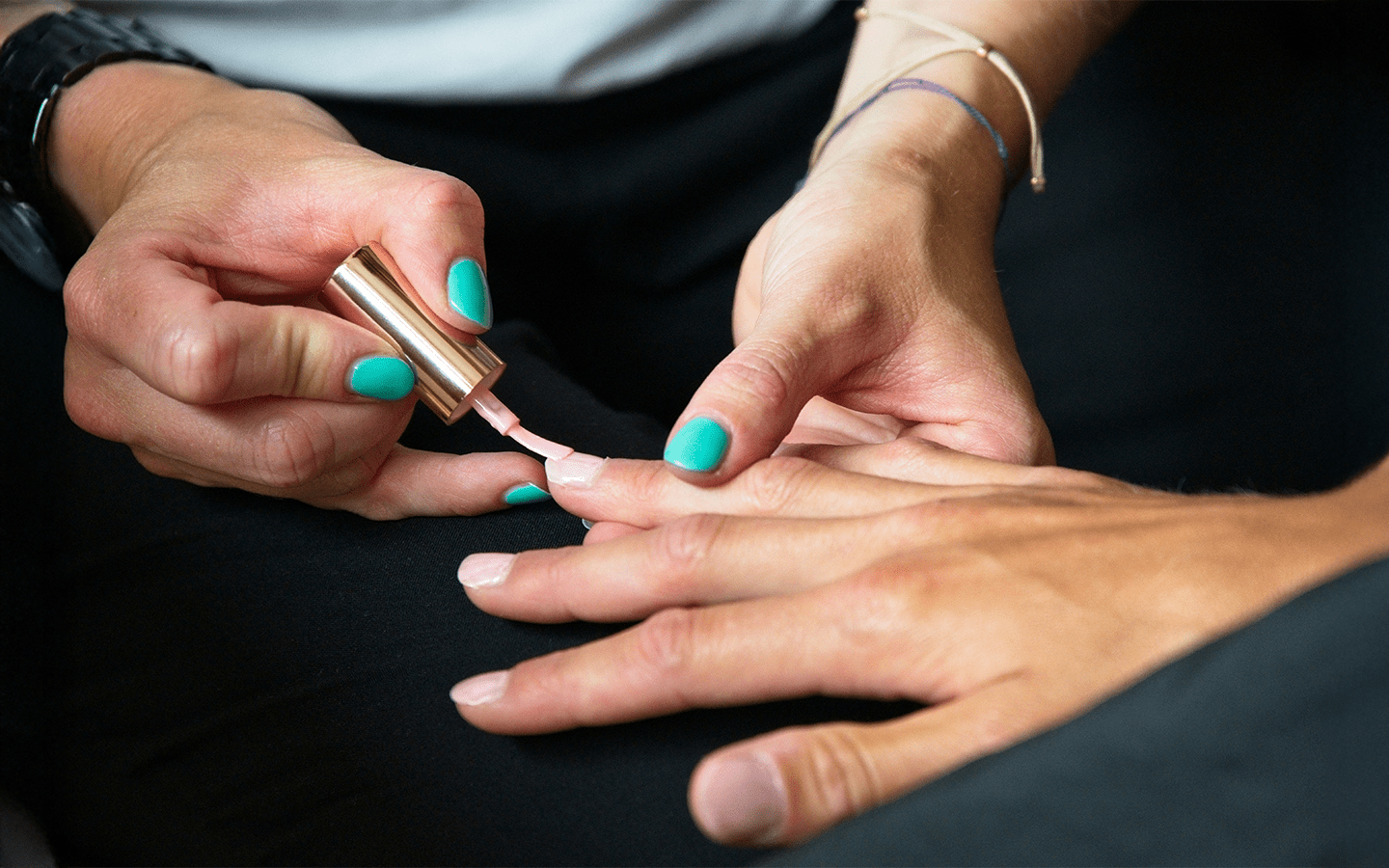
How to Advocate for Yourself at the Doctor's Office (and Beyond)
I'm going to say what we're all thinking: walking into a doctor's office can sometimes feel more like entering a courtroom than a sanctuary for healing.
You rehearse what you want to say in the car. You brace yourself to be "nice" but not "difficult," "prepared" but not "pushy." You try to be efficient, informed, even likable—because somewhere deep down, you've learned that being taken seriously often comes down to how well you perform.
But here's the truth: you are the expert on your body. And you have every right to be heard, respected, and well cared for—without having to play a part.
Why Advocacy Matters (Especially for Women)
Research shows that women's symptoms are more likely to be downplayed or misdiagnosed by healthcare providers. One study found that women experiencing acute pain were less likely than men to receive timely pain relief in emergency settings. Another report from The Journal of the American Heart Association revealed that women with heart disease are significantly less likely to receive guideline-based care.
And when it comes to perimenopause and menopause? Many doctors still receive little formal training in how to recognize and treat symptoms. A 2022 Menopause Society survey found that 3 in 4 women experiencing menopause symptoms were left untreated or misdiagnosed.
Let that sink in: your concerns are valid, and the system may not be set up to recognize that.
But that doesn't mean you're powerless. It just means the system isn't yet caught up with the powerful woman you've become.
Step 1: Know Your Why (and Write It Down)
Before your appointment, get clear on what you want out of the visit. Are you seeking answers, a diagnosis, a treatment plan? Are you feeling dismissed or overlooked?
Write it all down—yes, even the small stuff. When you're under pressure, adrenaline can blur your thoughts. A written list anchors your voice and keeps the visit focused.
✨ Pro tip from clinic life: I've had women pull out entire symptom timelines, food journals, even printed articles—and you know what? I love it. It shows you're serious. You care. And you're leading the conversation like the heroine you are.
Step 2: Practice Your Script (Without Apologizing)
Many of us default to softening our concerns with disclaimers:
"I know this probably isn't a big deal, but..."
"I don't want to seem dramatic..."
"Sorry if I'm overthinking this..."
Let me lovingly remind you: you are not too much. You are enough.
Instead, practice stating your needs with clarity and confidence. Try:
"I'm experiencing ___, and I'd like to explore why this is happening."
"I'm concerned about ___ and would like your perspective."
"Can we look into other possibilities beyond ___?"
This is assertiveness, not aggression. This is self-leadership in action.
Step 3: Ask These Empowered Questions
Here's your go-to script toolkit. Save it. Screenshot it. Bring it to your next visit:
"What else could this be?" Encourages your provider to think beyond the most obvious (or dismissive) diagnosis.
"Is this treatment the gold standard?" You deserve up-to-date, evidence-based care—not outdated assumptions.
"Are there any lifestyle or integrative approaches I can try alongside this?" Invite a collaborative mindset that honors your interest in whole-person healing.
"What would you recommend if I were your daughter/sister?" Humanizes the conversation and often yields more candid responses.
And if you're not getting answers? Ask: "Can you refer me to someone who specializes in this?" (Especially true for hormone care.)
Step 4: Trust Your Body Over Their Bias
In Chinese medicine, your symptoms are messages—clues from your body about where things are out of balance. That painful bloating? The chronic fatigue? The racing heart at 3 a.m.? They're not random. They're a call to pay attention.
One of the most empowering parts of Chinese medicine is this: your experience is valid even if there's no Western label for it yet. Our diagnostic framework honors the subtleties of your cycle, sleep, digestion, and emotional state. It sees you as a whole woman, not a cluster of lab results.
So if your doctor shrugs off your concerns with "Your labs look normal," but you know something isn't right—trust that knowing.
Step 5: Take Notes (and Take Your Time)
You are not being "difficult" by bringing a notebook, recording a voice memo (ask first), or saying, "I need a moment to process that."
In fact, one study from The BMJ found that patients forget 40–80% of the information provided in a typical medical visit. Taking notes improves retention—and gives you something to refer to later if you need a second opinion.
And if you feel rushed or dismissed? You're allowed to say: "I don't feel like we're addressing all of my concerns today. Can we schedule a follow-up?"
Step 6: Don't Go Alone (Especially for Big Appointments)
Bring a trusted friend, partner, or advocate if you're facing a high-stakes or emotional conversation. They can:
- Take notes
- Help ask questions
- Remind you of what you planned to say
- Provide support if the conversation gets overwhelming
And yes, you can absolutely say: "I need a moment to confer with my support person."
Step 7: Expand Your Circle of Care
If your provider isn't a good fit, don't be afraid to find someone new. You are not obligated to stay with a practitioner who doesn't listen, believe, or support you.
Look for:
- Functional or integrative medicine doctors who take a holistic approach
- Acupuncturists and Chinese medicine practitioners who can assess underlying imbalances
- Menopause Society providers trained in hormonal transitions
You deserve a team that treats you like a collaborator—not a case file.
You Are the Protagonist of Your Healing Story
Advocating for yourself isn't just about getting better healthcare—it's about reclaiming your agency, your voice, and your right to be well.
This isn't selfish. It's leadership.
You're not "asking too many questions." You're asking the right ones.
You're not a "difficult patient." You're a woman in her power.
And you're not just navigating the system—you're rewriting it.
✨ Want More Support?
Explore my clinic services to discover personalized care that puts you at the center.
Join the newsletter for tips, tools, and stories that celebrate your health sovereignty.
Download my Hormonal Balance Checklist to start tuning into your body like a pro.
Let's change the narrative—one empowered woman at a time.













